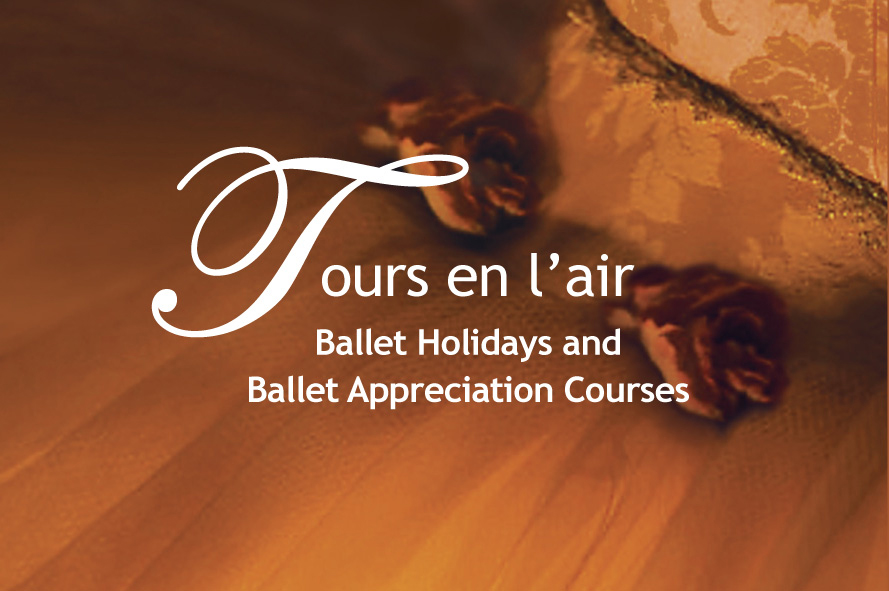But for the next five weeks I am going to combine my two passions here: tune in every Wednesday as we look at the etymologies of some ballet terms.
For "pirouette", click here, and to find out what "dance" has to do with falling over, click here.
For "fouetté", click here.
For "bourrée", click here.
For the history of the word "entrechat", click here.
First up: adage.
Any dancer will probably snort with derision when told that the word "adage" or "adagio" means "at ease". Of course, those slow-flowing movements are supposed to look easy, but as anyone knows who has tried one, the dancer is probably thinking, as one of my ballet teachers put it, "God, I hate adage! It's so hard!! My hips hurt!". But indeed the word comes to us via French from the Italian ad agio, meaning "at ease" or "at leisure".
Agio is a squished-down form of the Latin adjacens , meaning "next to", which is obviously the source of our English word "adjacent". But less obviously, it is also the source of French aise and English "ease" (which we borrowed from French). How did a word meaning "nearby" end up looking and meaning something quite different? Both the Italians and the French had a tendency to squish down Latin words, but the French tended to do it by dropping out the middle, so while adjacens became agio in Italian, it became aise in Old French. But the word still had a trace of its original Latin meaning: it was used to mean "an empty space next to someone", elbow room, if you like. Since it's a lot easier to move if there's empty space next to you, the word gradually came to mean facility of movement and then lack of difficulty generally.
Just as in English "easy does it!" means "go slowly", in music, the Italian adagio was being used to mean "slowly" by the end of the 1600s, just about the same time ballet was being codified in the French court of Louis XIV.
Carlo Blasis, in his seminal work on ballet training, The Code of Terpsichore (published in English in 1828), had this to say about adagio: "Can any thing be more ludicrous than to see a thick-set dancer..gravely figure off in a slow and mournful adagio?" An early example of ballet "sizeism"?!
One of the most notoriously difficult challenges in the ballerina's repertoire is the Rose Adagio or Rose Adage from The Sleeping Beauty. No ease or leisure there!
Here's the regal Aurélie Dupont of the Paris Opera Ballet:
and Cynthia Gregory:
For an interesting discussion of the Rose Adagio, click here.
GET
MORE BALLET OUT OF LIFE WITH TOURS EN L'AIR
Use the buttons below to share this post on facebook, twitter, by email, or other social media.
Use the buttons below to share this post on facebook, twitter, by email, or other social media.

How funny, I first read the "any thing more ludicrous" line as:
ReplyDelete"is there any thing more luscious than to see a thick-set dancer...gravely figure off in a slow and mournful adagio?"
I was thinking Wow, Right-on Mr. Blasis, but then saw my mistake. Ha!
ah yes, if only thick set dancers were considered luscious!
Delete